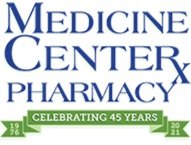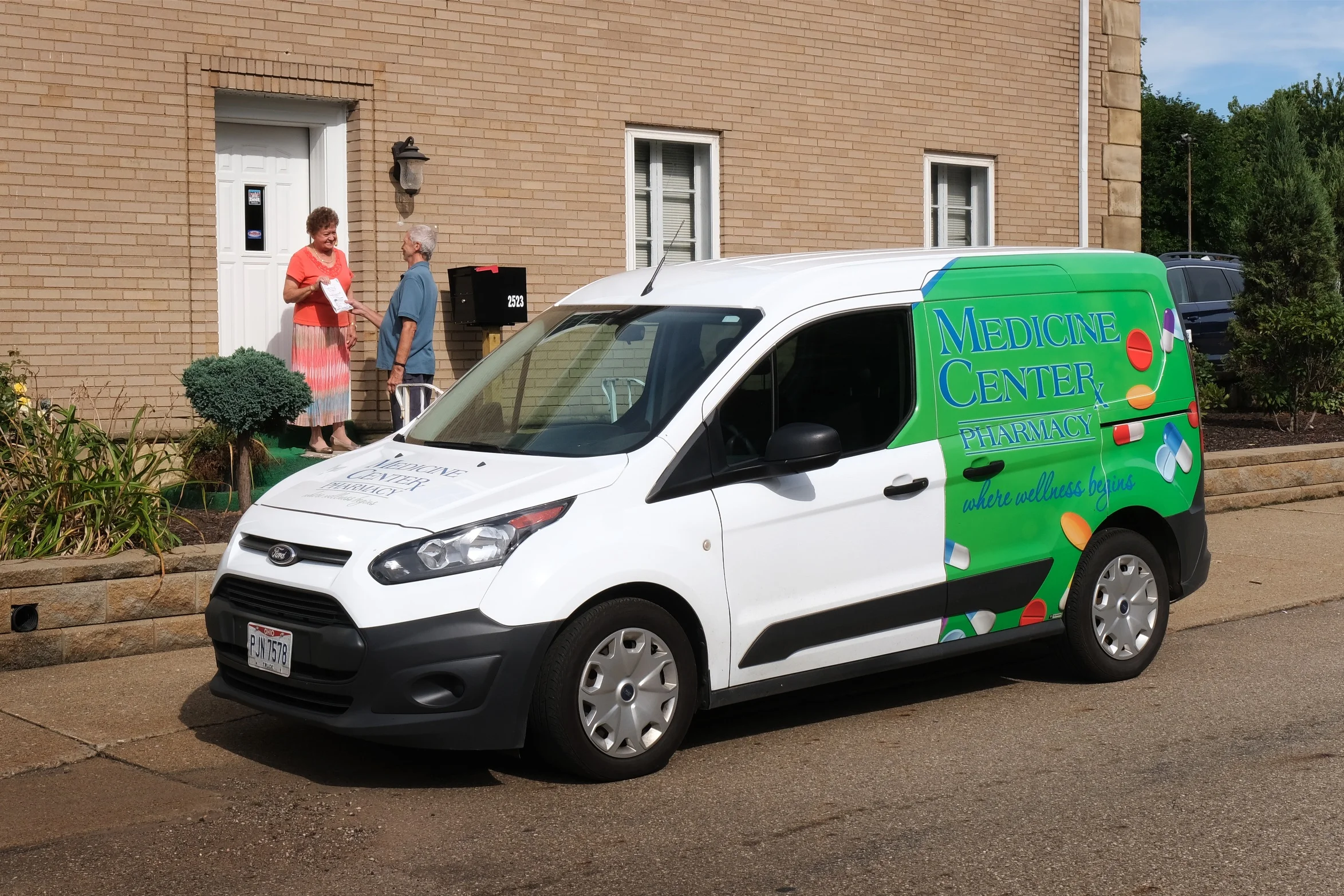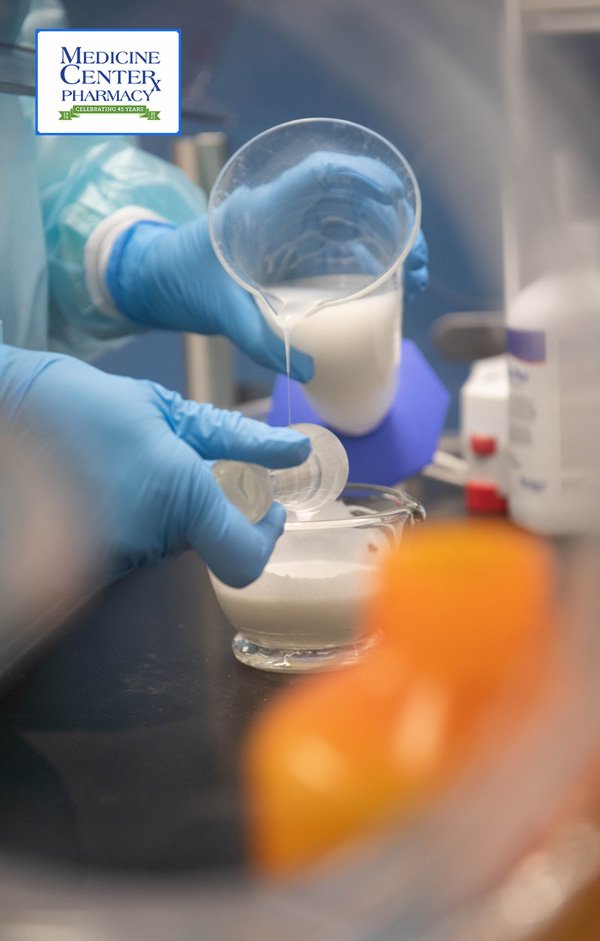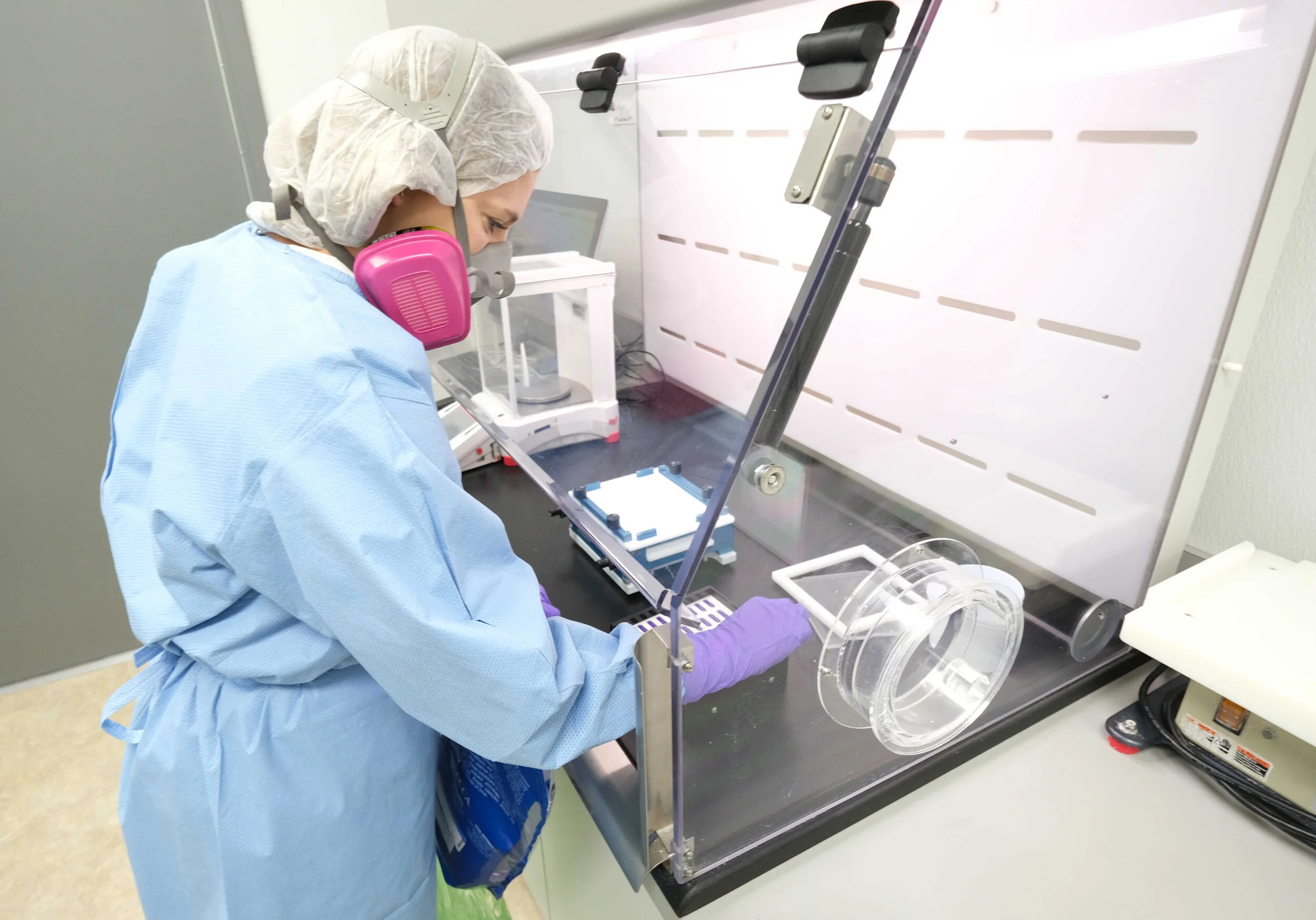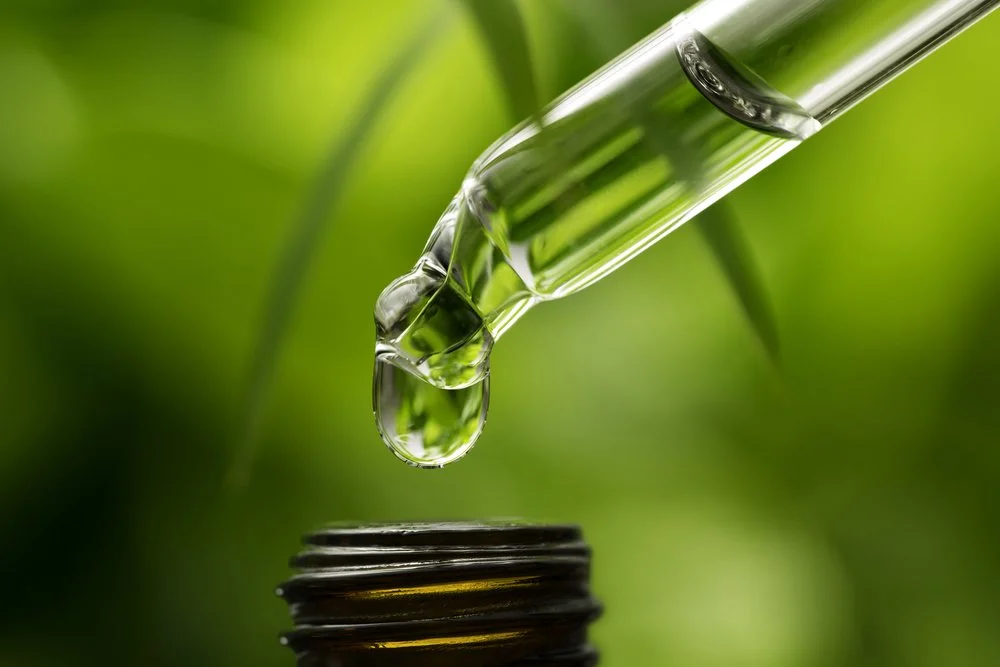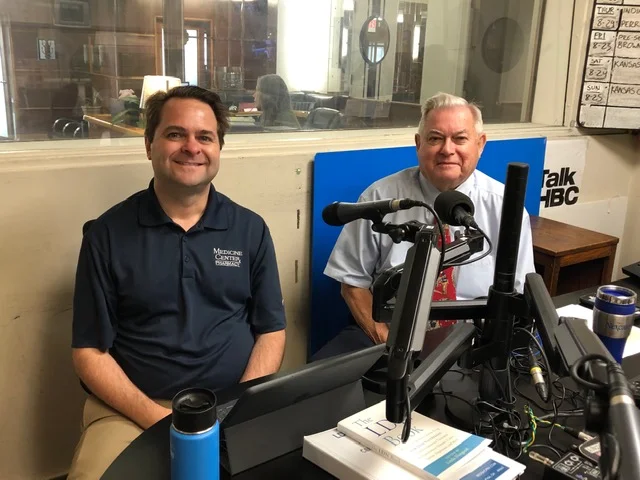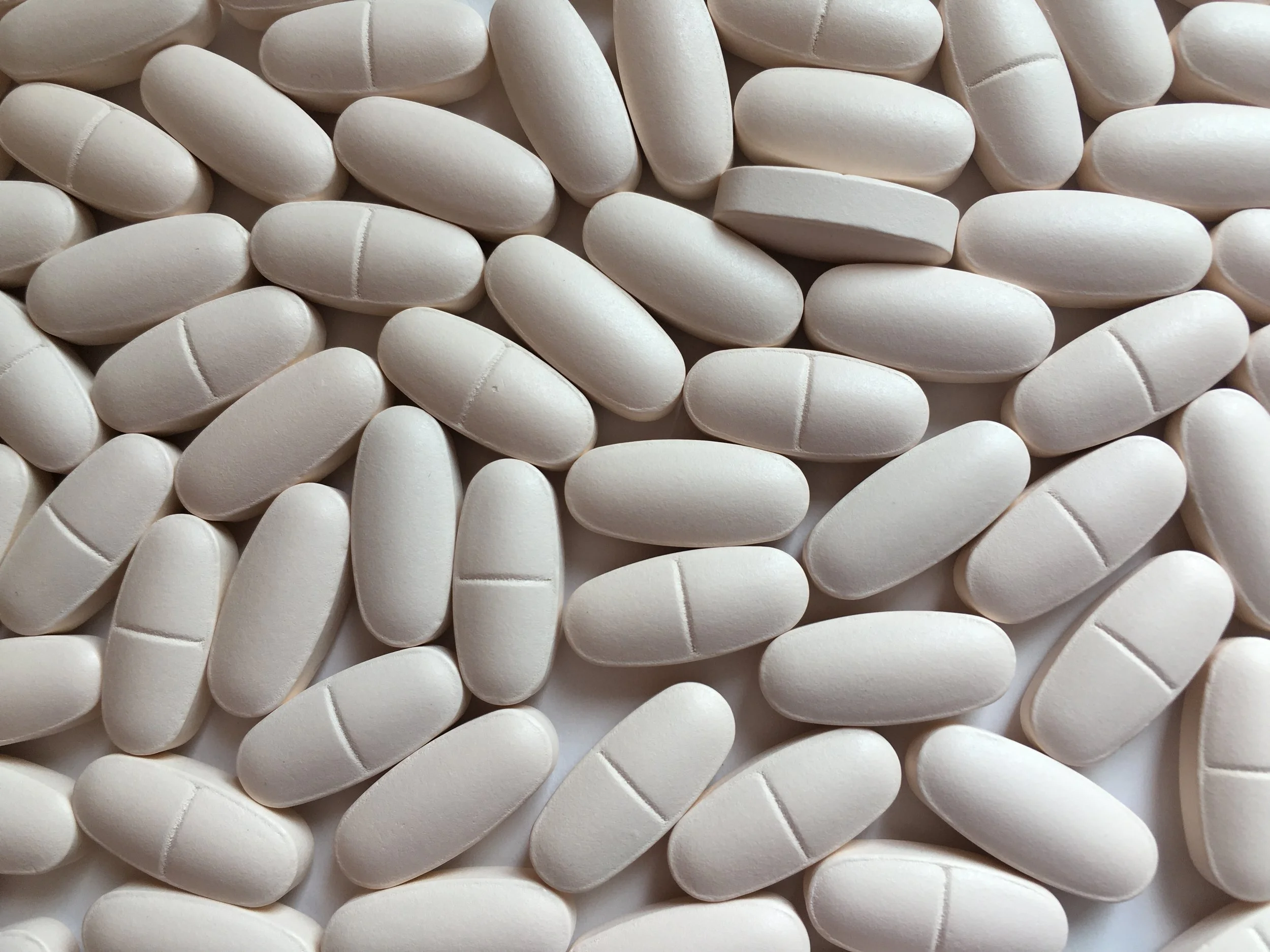Autoimmune diseases are a complex group of conditions in which the immune system mistakenly attacks healthy cells and tissues. While treatment options exist to manage symptoms, there is no known cure for autoimmune diseases. However, recent research has shed light on the potential benefits of Low Dose Naltrexone (LDN) in managing these conditions. In this blog post, we'll explore some of the latest research findings on the use of LDN in autoimmune diseases.
1. The Basics of Low Dose Naltrexone (LDN)
Low Dose Naltrexone (LDN) is an FDA-approved medication typically used in higher doses to treat opioid addiction. However, in low doses (usually 1-4.5 mg per day), it has shown promise in addressing autoimmune diseases. LDN works by modulating the immune system and may help reduce inflammation and promote self-tolerance.
2. Promising Research on Multiple Sclerosis (MS)
Recent studies have examined LDN's potential in treating Multiple Sclerosis (MS), an autoimmune disorder affecting the central nervous system. LDN appears to have a positive impact on MS patients by reducing the frequency and severity of relapses and improving overall quality of life. It may work by inhibiting the activation of microglia cells, which are implicated in neuroinflammation.
3. LDN and Rheumatoid Arthritis
In Rheumatoid Arthritis (RA), LDN has shown potential as an adjunct treatment. A study published in the Journal of Translational Medicine in 2014 suggested that LDN can reduce disease activity and pain levels in RA patients, along with improving sleep quality. LDN's mechanism of action may involve its ability to modulate the immune response and reduce inflammation in the joints.
4. Crohn's Disease and LDN
Crohn's Disease, an inflammatory bowel disease, has also been the focus of LDN research. Several studies have reported that LDN may help reduce disease activity, improve quality of life, and reduce the need for other medications. The anti-inflammatory properties of LDN could be instrumental in providing relief to Crohn's patients.
5. The Immune Modulation Effect
LDN's ability to modulate the immune system is a key feature that makes it relevant for autoimmune diseases. It appears to promote the release of endorphins, which, in turn, influence immune function. By balancing immune responses and reducing inflammation, LDN may be a valuable complementary therapy for a range of autoimmune conditions.
6. Safety and Side Effects
Low Dose Naltrexone is generally well-tolerated, and side effects are typically mild and transient. However, it's essential to work closely with a healthcare provider when considering LDN as part of your treatment plan. Dosage and monitoring should be tailored to individual needs.
Conclusion
While Low Dose Naltrexone is not a guaranteed cure for autoimmune diseases, the recent research findings are promising. LDN's potential to modulate the immune system and reduce inflammation has drawn attention from both patients and healthcare professionals. Nevertheless, it's essential to approach LDN as part of a comprehensive treatment plan, under the guidance of a qualified healthcare provider.
Autoimmune diseases are highly individual, and what works for one person may not work for another. It's crucial to discuss the use of LDN with your doctor to determine whether it's a suitable option for you. With continued research and clinical trials, LDN may play a more significant role in managing autoimmune diseases in the future, offering hope for improved quality of life for those who are affected by these conditions.
